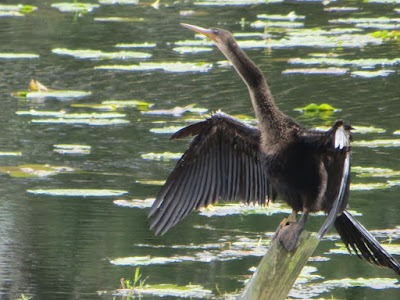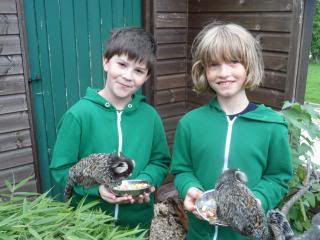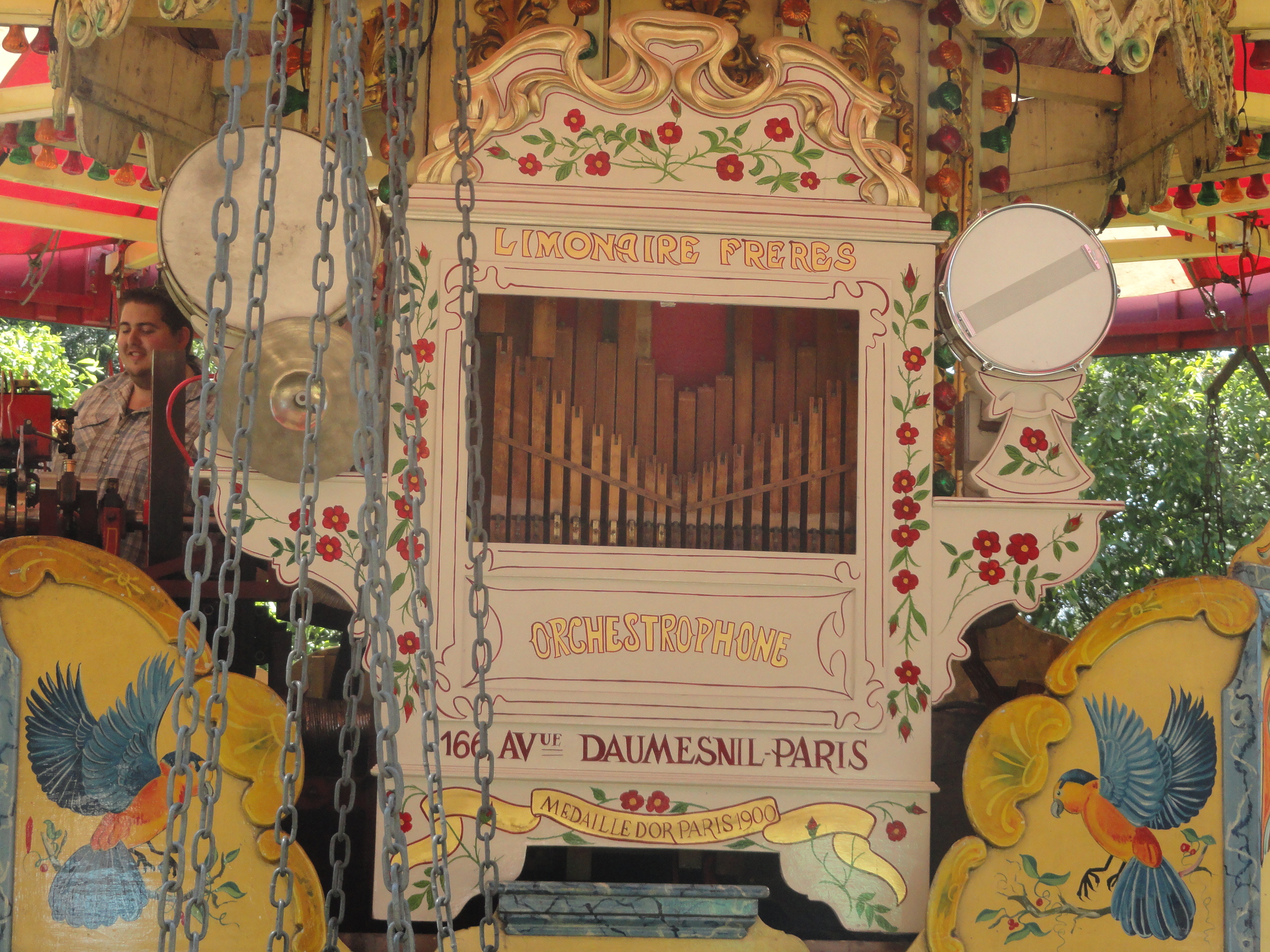
Rather than tell a child in advance what's about to be seen, it can be wonderful to let them feel they've discovered something on their own. A surprise can be so stimulating that the memories will be more vivid. And the discovery becomes a personal accomplishment.
If the parent is surprised too, that's a bonus, but if you can allow for someone else to be surprised, it can be a kindness and a gift.
photo by Lydia Koltai
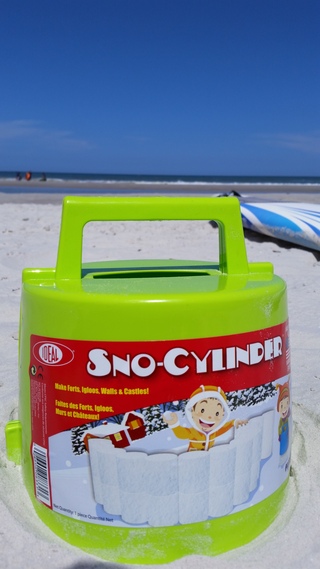





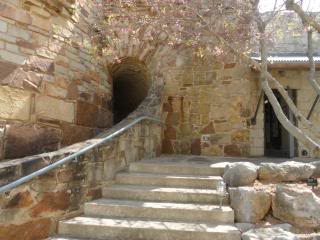 "The idea of unguided discovery in a school setting isn't anything like the kind of discoveries unschooling kids make. There is a difference between a teacher handing a kid a pulley and telling him to discover what it does and write a paper about it and a kid finding an interesting object and messing with it because it sparked his curiosity. A lot of what my son has learned he's learned in a way that might be called unguided discovery, but it didn't look much like the model in the article, and it didn't happen in a vacuum."
"The idea of unguided discovery in a school setting isn't anything like the kind of discoveries unschooling kids make. There is a difference between a teacher handing a kid a pulley and telling him to discover what it does and write a paper about it and a kid finding an interesting object and messing with it because it sparked his curiosity. A lot of what my son has learned he's learned in a way that might be called unguided discovery, but it didn't look much like the model in the article, and it didn't happen in a vacuum."